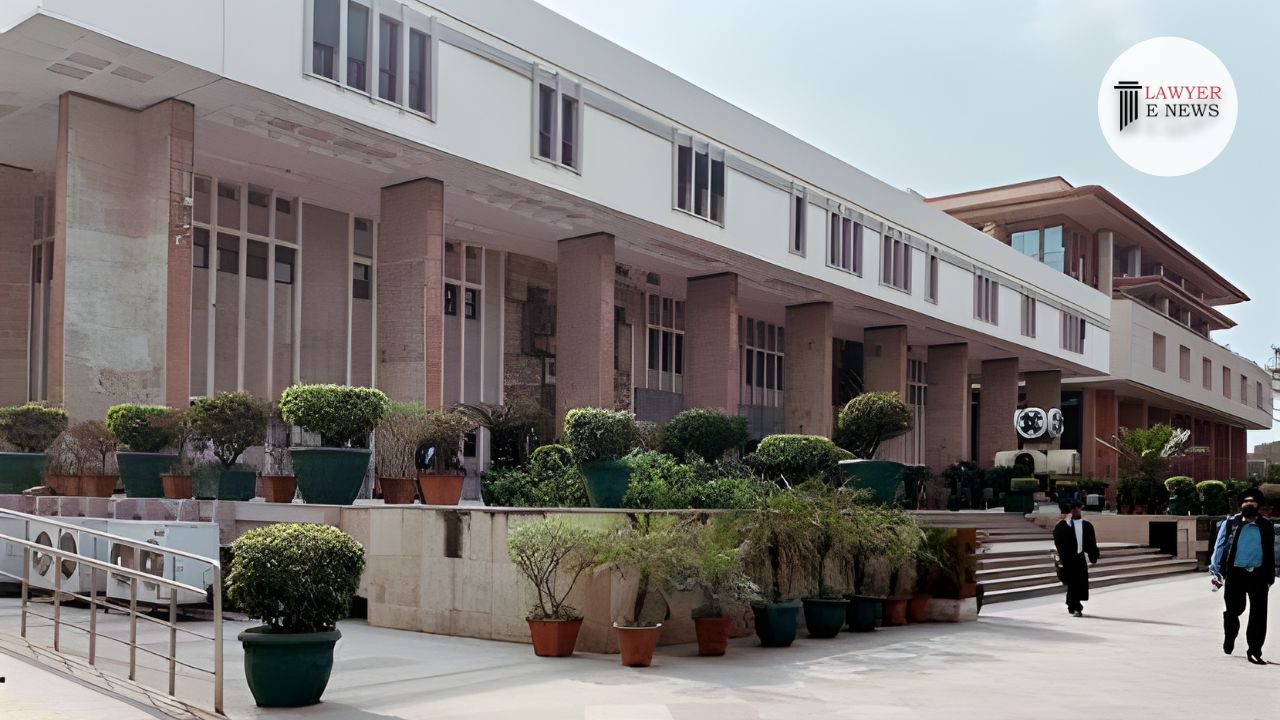-
by sayum
14 February 2026 2:22 PM



In a significant judgment by the Delhi High Court, Justice Swarana Kanta Sharma has ordered the release of Amit Chakraborty, an approver in a case involving unlawful activities and conspiracy, from judicial custody. The court exercised its inherent powers under Section 482 of the Code of Criminal Procedure (Cr.P.C.) to override the mandatory detention provision under Section 306(4)(b) of the Cr.P.C.
The petitioner, Amit Chakraborty, was involved in a conspiracy linked to illegal funding activities threatening the sovereignty and integrity of India, registered under various sections of the Unlawful Activities (Prevention) Act and the Indian Penal Code. Arrested in October 2023, Chakraborty was later granted pardon upon agreeing to become an approver. Despite this, statutory provisions mandated his continued custody until the trial's conclusion.
The court delved into the principles underlying Section 482 of the Cr.P.C., which allows for judicial discretion to intervene in cases to prevent the abuse of process or to secure the ends of justice. Citing multiple precedents, Justice Sharma highlighted the importance of considering individual circumstances over strict statutory interpretations that might contravene constitutional rights under Article 21.
Tender of Pardon and Judicial Precedents: The judgment reflected on several landmark decisions which established that High Courts, utilizing their inherent powers, can release an approver from custody to uphold justice and prevent undue hardship.
Medical Condition and Humanitarian Grounds: Chakraborty’s severe post-polio residual paralysis and his consequent physical limitations significantly influenced the court’s decision. It emphasized a "humane and understanding approach" over a mechanical application of law.
Procedural Safeguards and Future Compliance: The court mandated that Chakraborty adhere strictly to the conditions of his pardon, including truthful testimony and compliance with all court directives. The potential application of Section 308 of Cr.P.C. was noted, which provides for penal consequences if Chakraborty fails to meet these conditions.
Decision: Justice Sharma ordered Chakraborty's release on a personal bond of Rs. 25,000 with stringent conditions, balancing legal mandates with considerations of individual rights and medical exigencies.
Date of Decision: May 6, 2024.
Amit Chakraborty vs. State NCT of Delhi,
